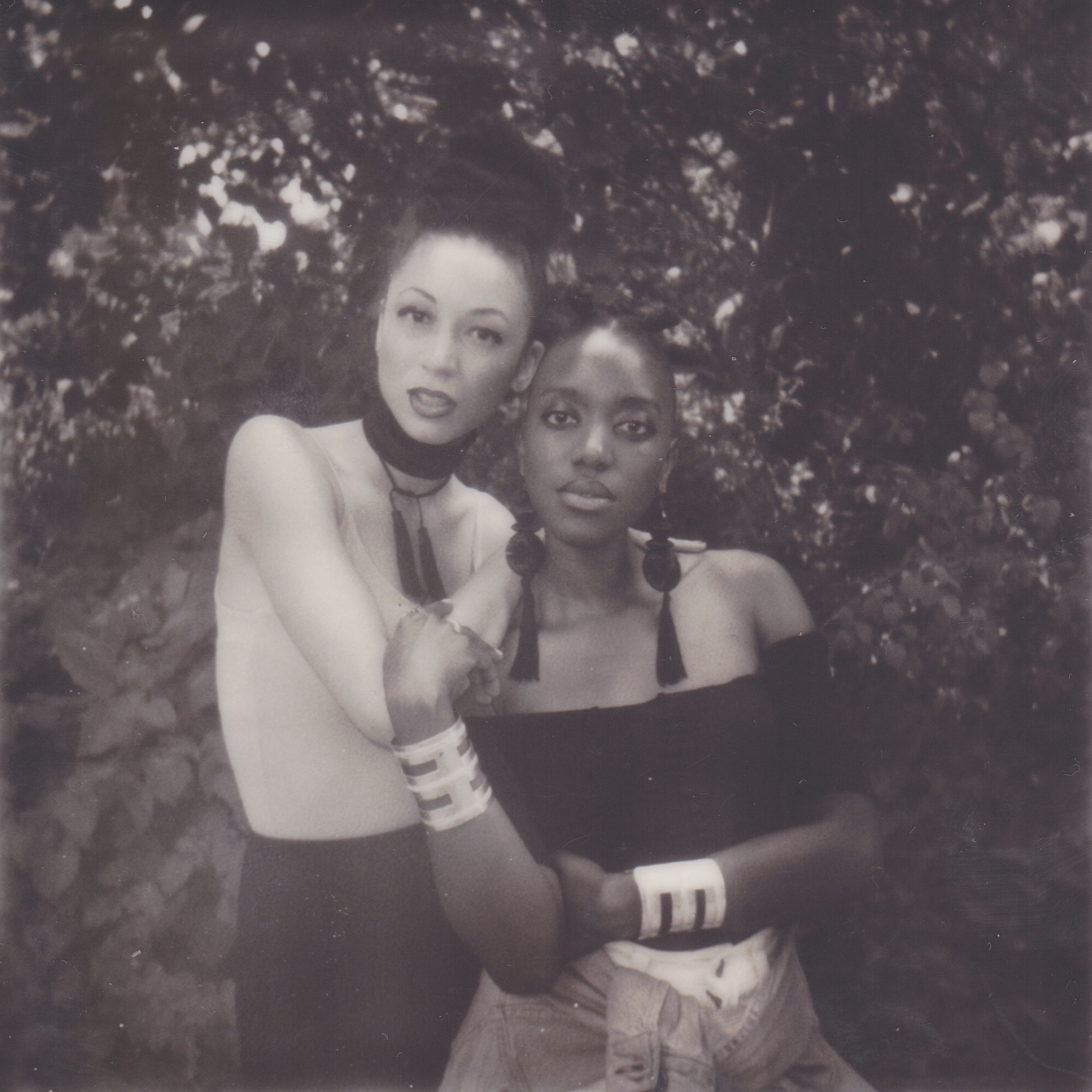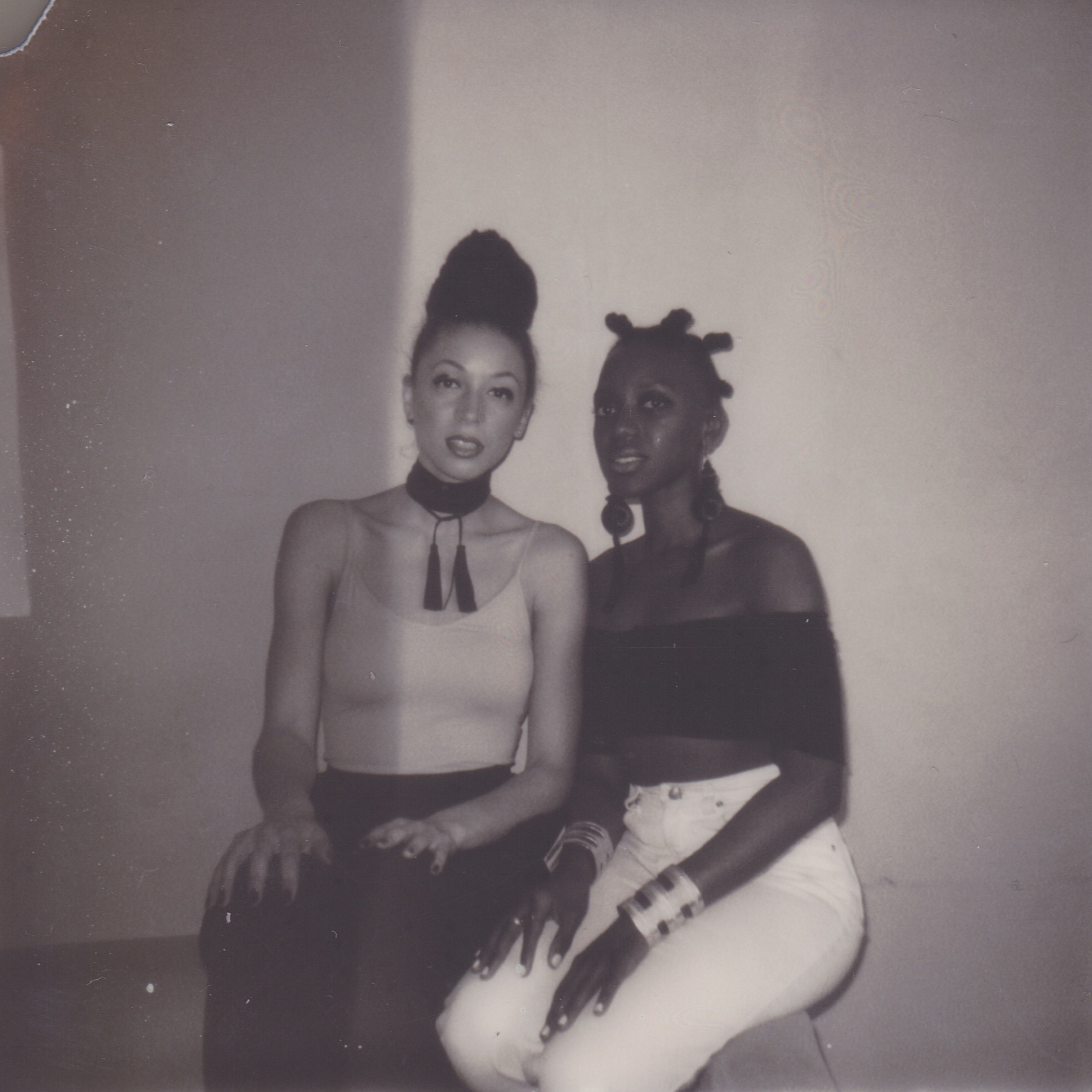In 1991 adidas turned to its history, providing “everything that is essential and nothing that is not” and so the EQT came to be. From its home in Berlin, the EQT symbolised the best of adidas, focusing on performance, comfort and protection to meet athletic needs. This shift in thinking has been carried over throughout the years at adidas where “premium materials, purposeful construction and the adidas trefoil” have made the EQT one of the iconic Originals.
The EQT campaign aims to celebrate Detroit’s current cultural renaissance by drawing parallels between that city and Berlin. Taking cultural and city histories as a point of departure, there are significant similarities between Johannesburg and Detroit which can be identified through dance styles and the histories of life beyond divestment and dilapidated buildings. As adidas recognized in their development of the EQT, going back and highlighting the foundations can breathe life back into once forgotten spaces and cultural contributions, and present the possibility of a re-imagined future.

Detroit Michigan is a city with a rich history, once functioning as the heartbeat of the U.S. auto industry and the birthplace of Motown records. Detroit, which was once the fourth largest city in America became the largest city ever to file for bankruptcy. The Motor City has closed down its factories, an underclass has formed and the city has been left behind. Many of Detroit’s buildings that once stood beautiful and proud have become urban forests. To get an insider’s perspective on the downfall of the motor city we did an interview with artist Ashley Cook who grew up in Harrison Township, Metro-Detroit.
“The ‘white flight’ movement began well before I was born, in the early 70s. By the 1990s, Detroit was extremely desolate; there were few job opportunities. It was not until 2008, with the national economic crisis, that I started to see and feel the struggle. The situation is complex and has many facets including racism, xenophobia, class and economic privilege,” Ashley explained.
For Ashley, what she has seen materialize in Detroit is an indication of the social and racial issues that need to be addressed and resolved before change is possible.“When a community of people are left by their governing force to fend for themselves, they eventually learn to survive and thrive with autonomy.”
Thinking about Johannesburg’s inner city history of ‘white flight’ and decaying buildings, it echoes the sense of struggle, emptiness and a feeling of being left behind that Ashley highlights.
Bertrams is one of the oldest areas in Johannesburg and today you can still find landmarks that indicate the wealth that was once in this suburb, these being fragmented and run down mansions. Another inner city suburb in Johannesburg that has negative connotations connected to it such as being ‘unsafe’ and has become badly rundown is Hillbrow. When Hillbrow was conceptualized as a suburb the initial idea was for it to be a residential area, distinct from early Johannesburg’s industrial bustle, a site for health infrastructure in Johannesburg. Over the years it has been caught up in racial tensions, fear, poverty and chaos.

While this may seem like doom and gloom, both of these cities have lives that have exist beyond their stories of forgotten spaces. This is signified by the dance styles that have emerged from these cities, namely Detroit Jit and Pantsula. These two styles quite fittingly have similar rhythmic movements and have an emphasis on footwork.
Starting as a street style in the 70s by three brothers known as The Jitterbugs, Detroit Jit involves intense body movements, with sneakers allowing rapid foot and ankle movements. With the influence of hip hop the dance style has evolved, and jit battles have become part of this culture. Pantsula is a popular dance style in Johannesburg, which follows a similar emphasis on theatrical footwork. Born in the townships, pantsula carries a rhythmic speed which has been translated into a culture and fashion sense.
The shoot aimed to highlight the life that exists in the city beyond the decay, and to acknowledge the cultural contributions of jit and pantsula, both of which make the foot movements the shining star of the dance.
Pantsula and music duo Amadando were photographed outside beautiful abandoned buildings in the Johannesburg CBD. The duo moved to Johannesburg and brought with them moves from the Durban dance style, local. They have masterfully combined these with pantsula and 3 step, and have become well embedded in Johannesburg’s dance scene. They were also featured on Okmalumkoolkat’s single ‘Gqi!’ and are pairing their dance with the music they produce.
Through the technique called Photogrammetry, and as a direct visual representation of the connections between Detroit and Johannesburg, images of Detroit’s abandoned buildings by photographer Tony Katai have been incorporated into the Johannesburg editorial to reflect the beauty, the decay and the possibilities both cities hold.

Models: Sifiso Bright Dlamini & Andile Siyangaphi
Post production: Lex Trickett
Photography & Styling: Jamal Nxedlana
Makeup: Orli Meiri





